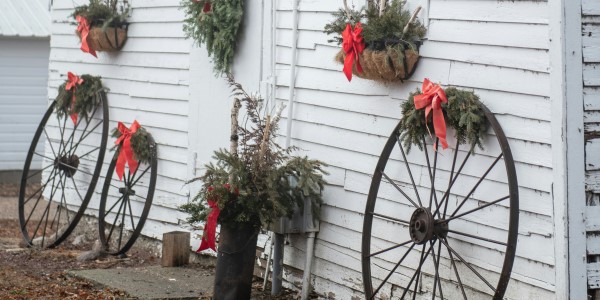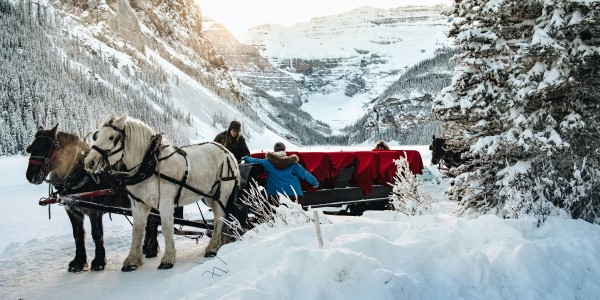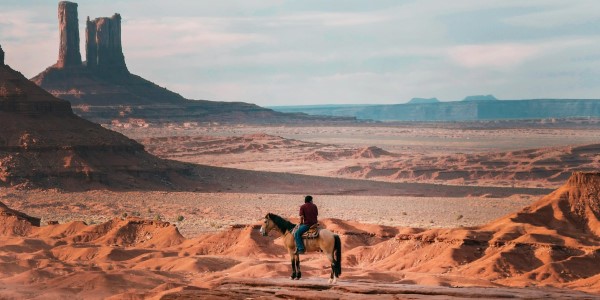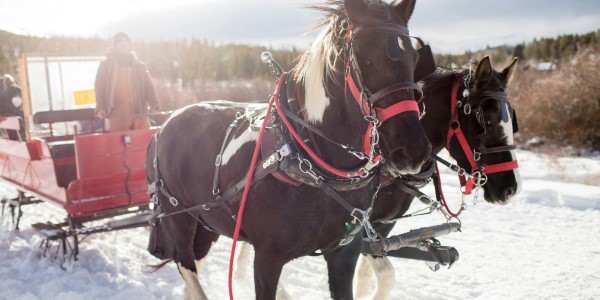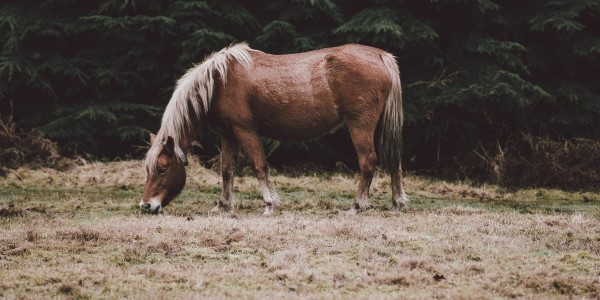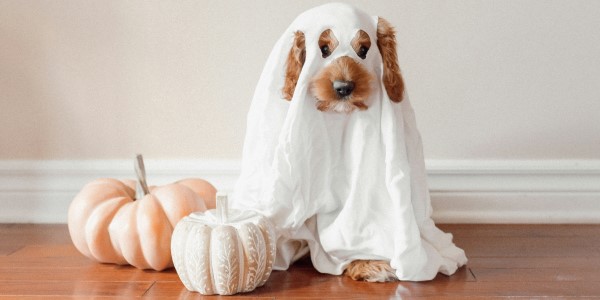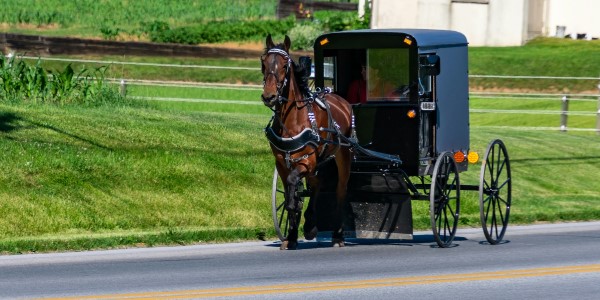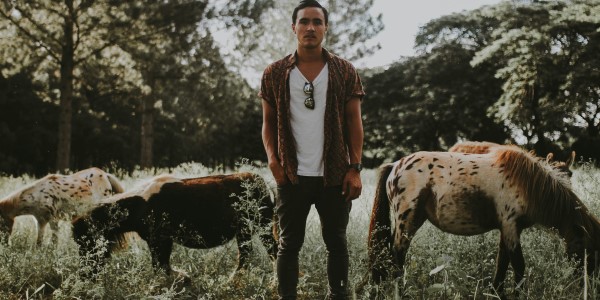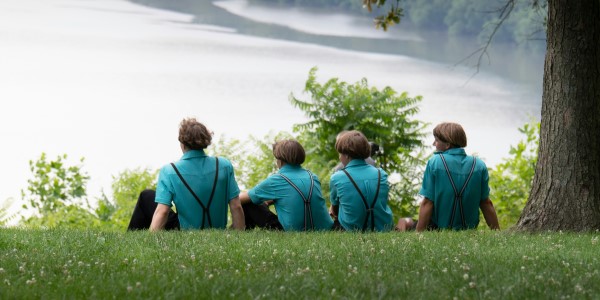Transforming your barn into a winter wonderland is a delightful way to bring the holiday spirit to your equine companions. Start by adorning the entrance with a festive wreath made of natural materials like pine branches, berries, and horse-safe ribbon. String warm, white LED lights along the barn aisle. Also, put them along the stall fronts, and rafters to create a soft, inviting glow that’s both festive and safe. Opt for battery-operated or solar lights to avoid cords that could be hazardous to curious horses. Adding a touch of greenery, such as garlands or small potted evergreens, can enhance the cozy atmosphere. Also, if you are looking for a horse property for sale in Colorado, contact Colorado Horse Property today and speak with one of our horse-person realtors.
Tips on Decorating Your Barn for Christmas
Here are some tips on decorating your barn for Christmas. Inside the stalls, focus on comfort and safety. Drape horse-safe decorations, like felt ornaments or burlap bows, on stall doors. Hang a festive stocking labeled with each horse’s name for a personal touch—perfect for stashing treats or small toys. Consider adding seasonal bedding colors like red or green to their stalls using mats or fleece blankets placed on non-chewable areas. Don’t forget to fill their feed buckets with an occasional holiday treat, such as apples or carrots, ensuring these remain healthy and in moderation.
Finally, bring the holiday cheer outside! Decorate fences with durable, weather-resistant garlands and hang bells or ornaments in areas out of reach of curious noses. If you have an outdoor arena or paddock, a small, decorated Christmas tree can become the centerpiece of the space, creating a festive scene for you and your horses. Whether it’s a quiet, snowy evening or a bustling barn gathering, these thoughtful decorations can make your barn feel magical while ensuring your horses are safe, happy, and ready to enjoy the season.
